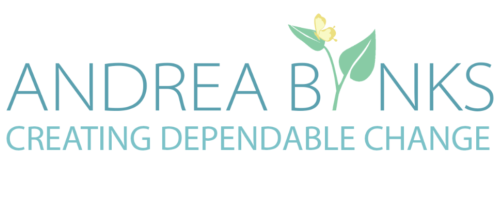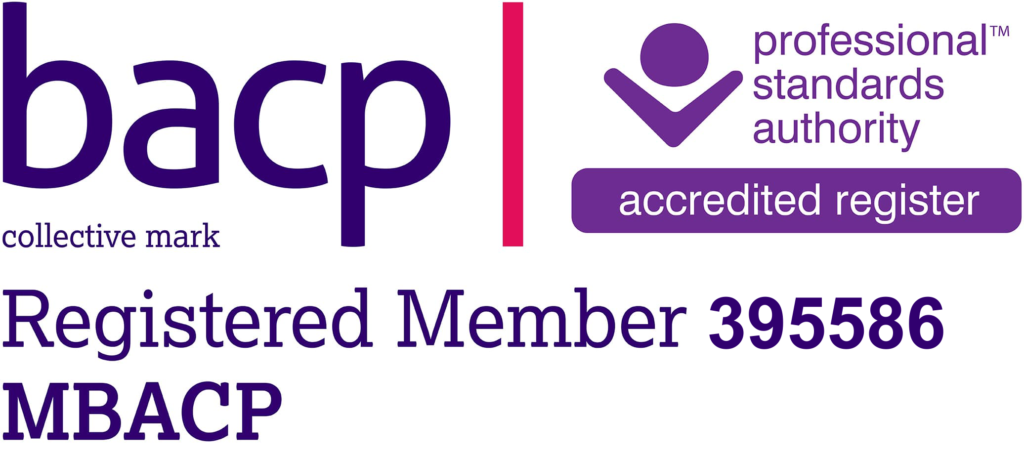Integrative Counselling: Is It Right for You?

Written by
Andrea Binks

When it comes to seeking out mental health support, it can be overwhelming to choose the right approach for you. One option to consider is integrative counselling, a form of therapy that incorporates elements from a variety of different approaches. In this blog post, I explore what integrative counselling is, how to know if it’s right for you, and how to find an integrative counsellor in the UK.
What is Integrative Counselling?
Integrative counselling is a flexible and adaptable approach to therapy that allows the therapist to tailor their treatment to the individual needs of the client. This means that an integrative counsellor may draw from a range of different therapeutic techniques and approaches, depending on what best suits the client’s needs. Some of the approaches that may be incorporated into integrative counselling include cognitive-behavioural therapy, psychoanalytic therapy, and person-centred therapy.
One of the benefits of integrative counselling is that it allows the therapist to be responsive and adaptable to the changing needs of the client. For example, a client who is struggling with anxiety may benefit from techniques drawn from cognitive-behavioural therapy, while a client dealing with past trauma may find it more helpful to explore their feelings and experiences through a psychoanalytic approach. The integrative counsellor can draw on the most relevant techniques and approaches to meet the specific needs of their client.
How Do I Know If Integrative Counselling is Right for Me?
If you’re considering integrative counselling, it’s important to think about what you hope to achieve through therapy. Do you have specific goals in mind, such as reducing anxiety or improving relationships? Or are you looking for more general support and guidance as you navigate difficult life circumstances? Clarifying your goals can help you decide if integrative counselling is the right fit for you.
It’s also helpful to consider what you are looking for in a therapist. Do you prefer a more directive approach, where the therapist guides the session and provides specific recommendations? Or do you prefer a more open and non-judgmental approach, where the therapist provides a safe space for you to explore your feelings and experiences? Your preferences and comfort level with different therapeutic styles can help you determine if integrative counselling is right for you.
In addition to thinking about your goals and preferences, it can be helpful to reflect on your past experiences with therapy. Have you had success with a specific approach in the past? Are there certain techniques or approaches that you found particularly helpful or unhelpful? Understanding what has worked for you in the past can give you a better sense of whether integrative counselling is a good fit.
How to Find an Integrative Counsellor in the UK
When looking for an integrative counsellor, it’s important to consider factors such as their credentials, experience, and fit. You may want to look for a therapist who has specialised training in integrative counselling and has experience working with clients who have similar goals or concerns as you. It’s also important to find a therapist who you feel comfortable with and can establish a good working relationship with.
If you’d like to book a discovery, please visit my contact page here.




